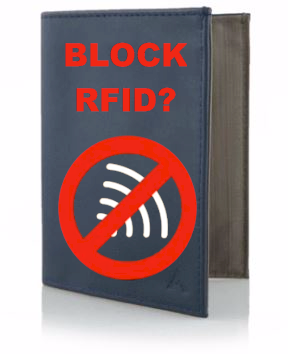While describing Telaeris and our products, I often discuss how we track people during emergency evacuations. This requires us to monitor access control systems, when & where people scan their badges, and sometimes provide RFID systems which actively track where in a facility people are.
This often leads people to ask me – isn’t this a little “Big Brother”? They are, of course, referring to George Orwell’s book, 1984. In the book, everybody and everything are constantly being monitored. In reality, our solutions do seem to be a bit in this direction, but in an emergency, wouldn’t you prefer that people know if you were safe or not? And at some level, your employer is liable for your security and safety while you are on the job.
So last summer, when we were approached by Point Loma Nazarene University Business school to see if we would sponsor an MBA research project, we knew exactly what we wanted them to look at for us. The objective was to assess how people might weigh the balance between the legitimate privacy concerns and potential benefits of using RFID technology for tracking people.
Telaeris deals significantly with keeping track of people during emergency evacuations, often using RFID technology. Understanding this balance better was beneficial to both us and to our customers. Below you will find the presentation and a link to the paper.
For me, the biggest validation of what we do was to discover that the efficiency gains that RFID provides do not seem to be a driving concern for most decision makers – especially when weighing against privacy. However, if an RFID solution was to improve security and/or safety, this was a more acceptable reason for implementation over privacy concerns. And since both security and safety are the focus of Telaeris’ products, this was good to see. Our marketing department found this to be true with our customers early on, when we pivoted our focus to security and safety.
We would love to hear your thoughts and opinions on our findings. For basic info on RFID, please check out our Introduction to RFID blog. If you are looking to use RFID in your organization, feel free to give us a call or send us an email!
David
Links in the presentation:
- Consumer concerns with RFID tech (privacy from small size, cannot track if they have been read, low battery life for active RFID, disruption of function, limiting use for intent and not for outside sources. (http://www.technovelgy.com/ct/Technology-Article.asp?ArtNum=20)
- Tracking students. Big-Brother style tracking that is motivated by money. Concerns about the privacy of students. (https://www.wired.com/2012/09/rfid-chip-student-monitoring/)
- The importance of RFID security for the public and private affiliations, being able to control who is accessing the data secured on the RFID tags and not altering the data encrypted (https://www.thingmagic.com/index.php/rfid-security-issues)
- Health concerns with RFID: is it dangerous for consumer? Additional data on the security of the product and more real life applications (ex. Taking inventory, paying for drinks without need to carry a wallet.)
- Health concerns with RFID: is it dangerous for consumer? Additional data on the security of the product and more real life applications (ex. Taking inventory, paying for drinks without need to carry a wallet.) (https://www.inria.fr/en/centre/lille/news/is-rfid-dangerous – source article removed)
- Privacy concerns with the reading of RFID tags after purchases, uses with tracking people, stories, weighted benefits and risks. (http://www.sfgate.com/business/article/Privacy-concerns-grow-with-the-use-of-RFID-tags-3175330.php)
- Experts warn RFID risks outweigh benefits. (http://www.wnd.com/2011/10/357773/)




0 Comments